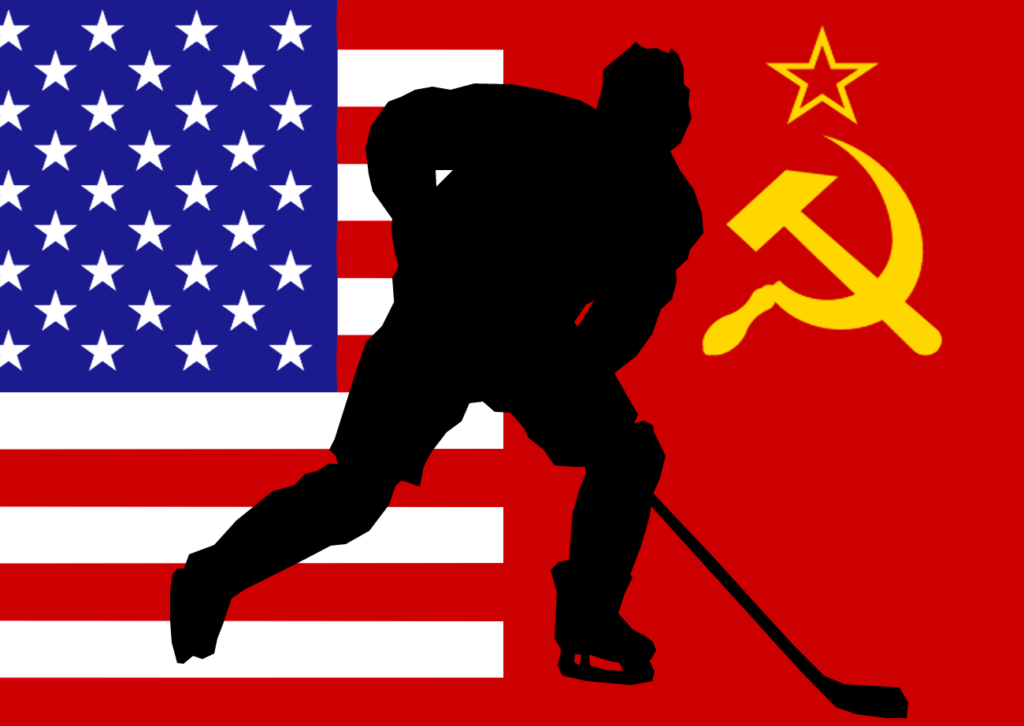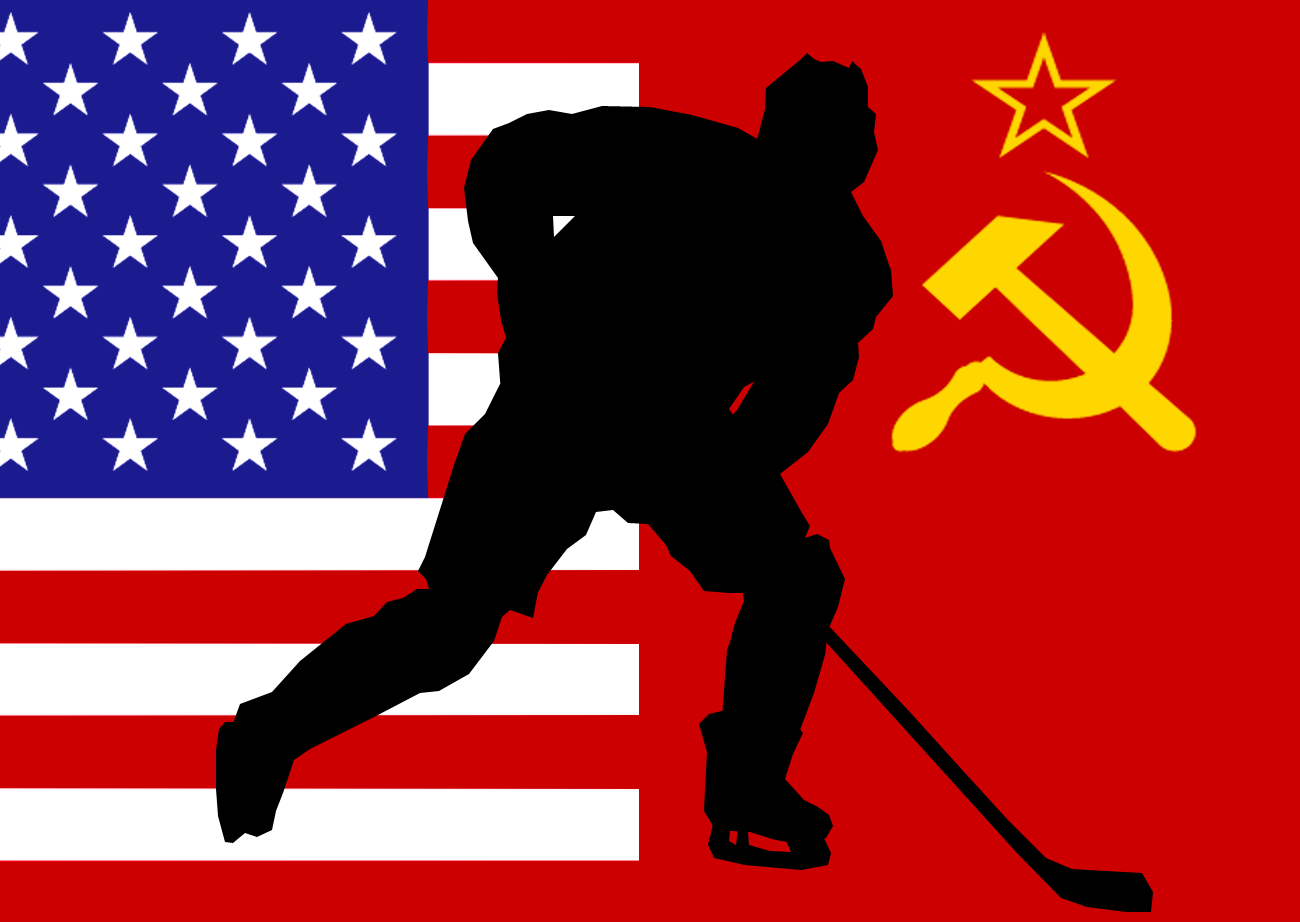On Feb. 22, 1980 the U.S. men’s national ice hockey team played an Olympic semifinal game against the Soviet Union’s team in Lake Placid, NY.
The Soviet Team had won the last four gold medals, and defeated numerous NHL teams in recent years. They were heavy favorites to win not just this game but the gold medal as well.
The U.S. team was made up of mostly college players from the University of Minnesota and Boston University. None of them had yet played professional hockey. They had been crushed 10–3 by the Soviet team two weeks earlier.
Commentator Al Michaels began what would become not just a legendary game, but a legendary broadcast, by setting the background. With Cold War tensions at a peak following the Soviet invasion of Afghanistan, the Olympics were laden with geopolitical symbolism. Soviet dominance on the ice was understood as a reflection of Soviet power globally. When Michaels’ fellow commentator Ken Dryden said that the Soviet team was better than the Americans’, he reflected in some part the fears of the American public. The future of the Cold War was uncertain, and by extension so was America’s.
The first period was a shootout. The U.S. tied the game at two points apiece with one second left on the clock. The goal came off of the rebound of a distance shot, which was misplayed by Soviet goalie Vladislav Tretiak and put in by Mark Johnson. When the Soviet team took the ice for the second period, their coach shocked both teams by replacing Tretiak (who was widely regarded as the best goalie in the world at the time) with their backup. Despite this, the Soviets dominated the second period, but only scored one goal thanks to fantastic play by the American goalie Jim Craig.
The Americans began the third period down 3–2. A power-play (man up) goal tied the game, and Mike Eruzione scored to give the Americans their first lead of the game. The Soviets panicked, taking wild shots on Craig, who finished the game with a 92% save percentage. With five seconds left in the period the home crowd was counting down. Michaels shouted “Do you believe in miracles? YES!” and the American team stormed the ice in celebration as the buzzer sounded.
The game is considered one of the greatest hockey games of all time, and one of the greatest upsets in all of sports history. But the miracle on ice is also remembered as a historical event. For Americans it was an uplifting victory in the midst of a conflict that overshadowed half a century. It was a miracle that united the country during dark days. And it’s worth remembering, even 40 years later, because we might not ever see another game like it.



